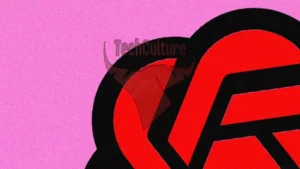AI Publishing Startup Faces Criticism Over Ambitious Book Production Goal
Spines, a new AI-powered publishing startup, has set an ambitious target of releasing 8,000 books in 2025, sparking controversy and skepticism within the literary community. The company’s bold claim has raised concerns about the quality of AI-generated content and the feasibility of such a large-scale operation.
Industry experts and authors have voiced their doubts about the startup’s ability to deliver on its promises. Critics argue that AI lacks the creativity and nuanced understanding of language necessary for producing high-quality literature. While Spines plans to use AI for tasks such as proofreading, cover design, formatting, and distribution, many remain unconvinced of the technology’s effectiveness in these areas.
The startup has faced public criticism from prominent authors, including Lincoln Michel and Rowan Coleman, who have accused Spines of being a scam and showing little genuine interest in literature. These critiques highlight growing concerns about the potential devaluation of human talent in writing and publishing.
Spines’ CEO, Yehuda Niv, claims the company has already published seven “bestsellers,” though the lack of transparency regarding sales figures has fueled further suspicion. The startup’s business model, which offers publishing packages priced between $1,500 and $4,400, has drawn comparisons to vanity publishing, despite the company’s assertions to the contrary.
This controversy comes amid a broader trend of AI startups claiming to revolutionize various industries, often facing skepticism about the practicality and ethics of their approaches. As the debate continues, the publishing industry and the public will closely monitor Spines’ progress, with implications for the future role of AI in creative industries.
The ongoing scrutiny of Spines’ ambitious goals reflects wider discussions about the potential and limitations of AI in publishing, as well as ethical considerations surrounding the technology’s impact on creative professions.





